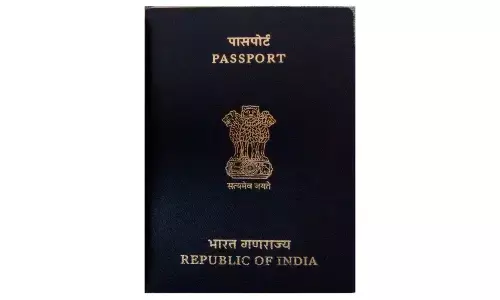May, Might, Mayn’t, Mightn’t

We know what we are, but know not what we may be.” –William Shakespeare
“We know what we are, but know not what we may be.” –William Shakespeare
Might is the past tense of the verb ‘may’.
Might indicates present and future.
We might be there on time.
We might go to watch a movie tonight
The difference between may and might is that might indicates less probability, less likelihood and less definiteness.
Might replaces ‘may’ in indirect speech.
Certain past incidents can be expressed either by may or might but followed by a perfective infinitive (I may have gone by that time she would have started her journey. I might have come late by that time).
May indicates to something that is permissible.
Direct speech: They may be home by late evening unless their plan changes.
Indirect speech: They said they might be home by late evening unless their plan changes.
Might is used to form contracted verb phrase: mightn’t while mayn’t is rare.
We mightn’t be there on time if we walk briskly! We may have to run to get there on time.
The difference between may and might is that might indicates more hesitancy than may.
India may develop in Digital Age (51 % chance).
India might develop in Digital Age (49 % chance).
Might indicates a conditional meaning: would, perhaps.
If you sleep early, you might get up early.
Might have is used to indicate something was possible or likely to happen but did not take place or happen.
If I had studied music, I might have become a successful musician because…
The difference between may and might is that in academic and scientific language, may is used more than might to talk about occurrences.
“It is impossible to live without failing at something, unless you live so cautiously that you might as well not have lived at all, in which case you have failed by default.” –J K Rowling
Be is a verb: be means to exist, occur, take place, you may be right.
May is used to form questions, wishes and hopes:
May I see you tomorrow?
May God bless you!
Might has a ring of affirmation unlike may: you might succeed, if you work hard.
Maybe is an adverb meaning perhaps, In British English, perhaps is widely used. Maybe means it could be that, it is possible, possibly.
Since he was young, he disliked the uncertain words: ifs, buts, maybes, and also likely and probably.
“I may not be able to outsmart too many people, but I can outwork ’em.” –Woody Hayes
Mayn’t is the contraction of the present ‘may not’, verbal phrase ‘may be’ and its past tense is ‘might not’.















